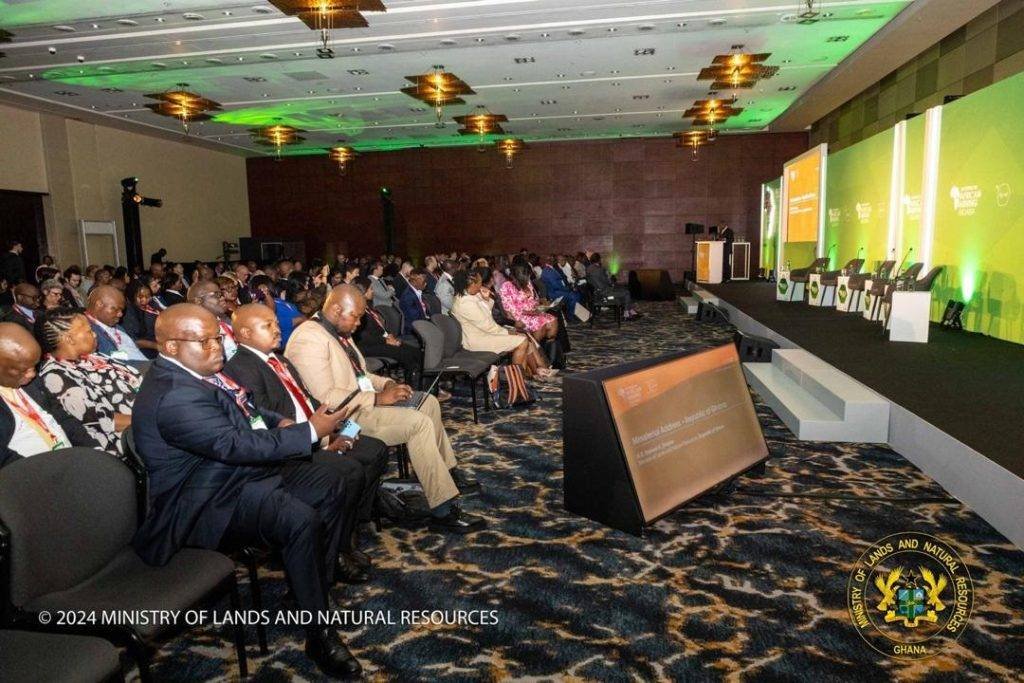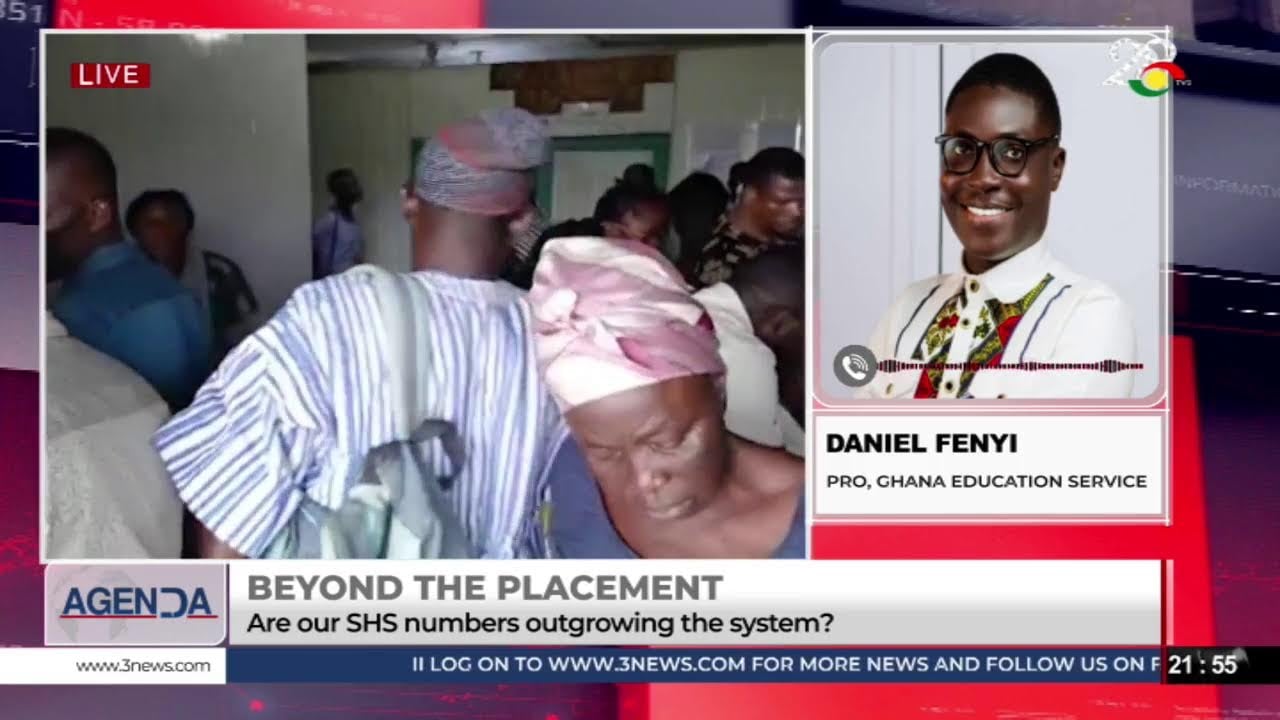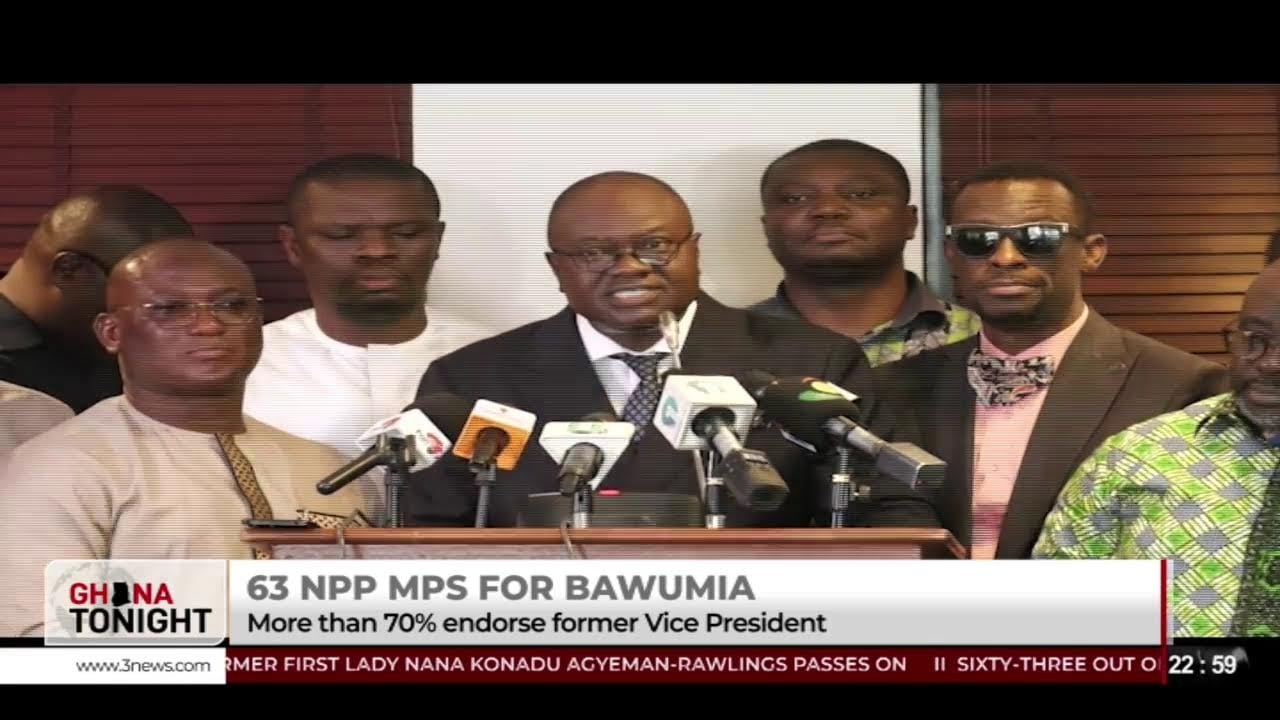
The nation’s push for electric mobility is gaining momentum as a strong policy framework and skilled local workforce attract investment into the country’s clean transport sector, according to Kofa Chief Executive Officer Erik Nygard.
Ghana’s EV policy combines clear phased targets, significant market incentives (including import duty waivers until 2032), and infrastructure development plans aiming for 70 percent electric vehicle penetration by 2045. The fleet growth from 2.1 million in 2016 to 6 million in 2021 demonstrates pressing demand, positioning Ghana as a leading EV adopter in Africa.
Speaking after a panel session on transport innovation, Mr. Nygard said Ghana’s commitment to climate-friendly transport and its established regulatory framework made it an easy entry point for companies like Kofa, which operates a battery-swapping network for electric motorcycles.
“The policy framework in Ghana is really strong, and it has been for a while,” he said. “The building blocks are there.”
Kofa, which entered the Ghanaian market to promote electric mobility, has leveraged local engineering and technical expertise to scale its operations quickly. Mr. Nygard described the local talent pool as “phenomenal,” adding that the company has found it relatively seamless to innovate and deploy its systems in the country.
The company currently operates around 600 electric motorcycles across Ghana, supported by 33 battery-swap stations, most of which are in Accra and six in Kumasi. The network handles about 500 battery swaps daily, allowing riders to exchange depleted batteries for charged ones in under two minutes.
Mr. Nygard said this approach eliminates the long charging times that often discourage EV adoption.
“Our model means users don’t have to wait to charge,” he said. “They bring in their depleted battery and take a new one almost instantly, which helps them keep working without downtime.”
The company’s business model targets delivery riders, commuters, and small business operators seeking cheaper and cleaner transport options.
The CEO said Kofa’s battery energy costs between 10 percent and 30 percent less per kilometer than petrol, with users also benefiting from lower maintenance expenses since electric bikes have fewer mechanical parts. Overall, he estimates a 30 percent cost saving from day one for users who switch to electric mobility.
Consumer acceptance has been encouraging, he added, noting that Ghanaians have shown a higher appetite for new technology than expected.
“I wouldn’t have known Ghanaians are risk-takers, but they are,” he said. “They’re adopting our bikes pretty quickly, and we’re now on the path toward mass-market adoption.”
Despite the progress, Mr. Nygard urged the government to consider temporary import duty cuts on electric vehicles and batteries to make them more affordable.
He said such a move, even if short-term, could accelerate adoption and help Ghana achieve its decarbonization targets faster.
“If duties are reduced for a short window, it would make EVs and battery swapping more affordable,” he said. “Everybody wins.”
In it’s outlook, Kofa plans to expand its network to boost customer trust and convenience. The company is also introducing mobile applications that allow users to track energy usage and manage their battery swaps digitally.
“Our goal is to make battery swapping not only affordable but also the preferred alternative to petrol,” Mr. Nygard said. “We want users to see that the service, cost, and technology make more sense for their daily transport needs.”
The post Motoring with Bob Roco ROMEO: Strong policy, local talent attractive for EV Investment appeared first on The Business & Financial Times.
Read Full Story




















Facebook
Twitter
Pinterest
Instagram
Google+
YouTube
LinkedIn
RSS